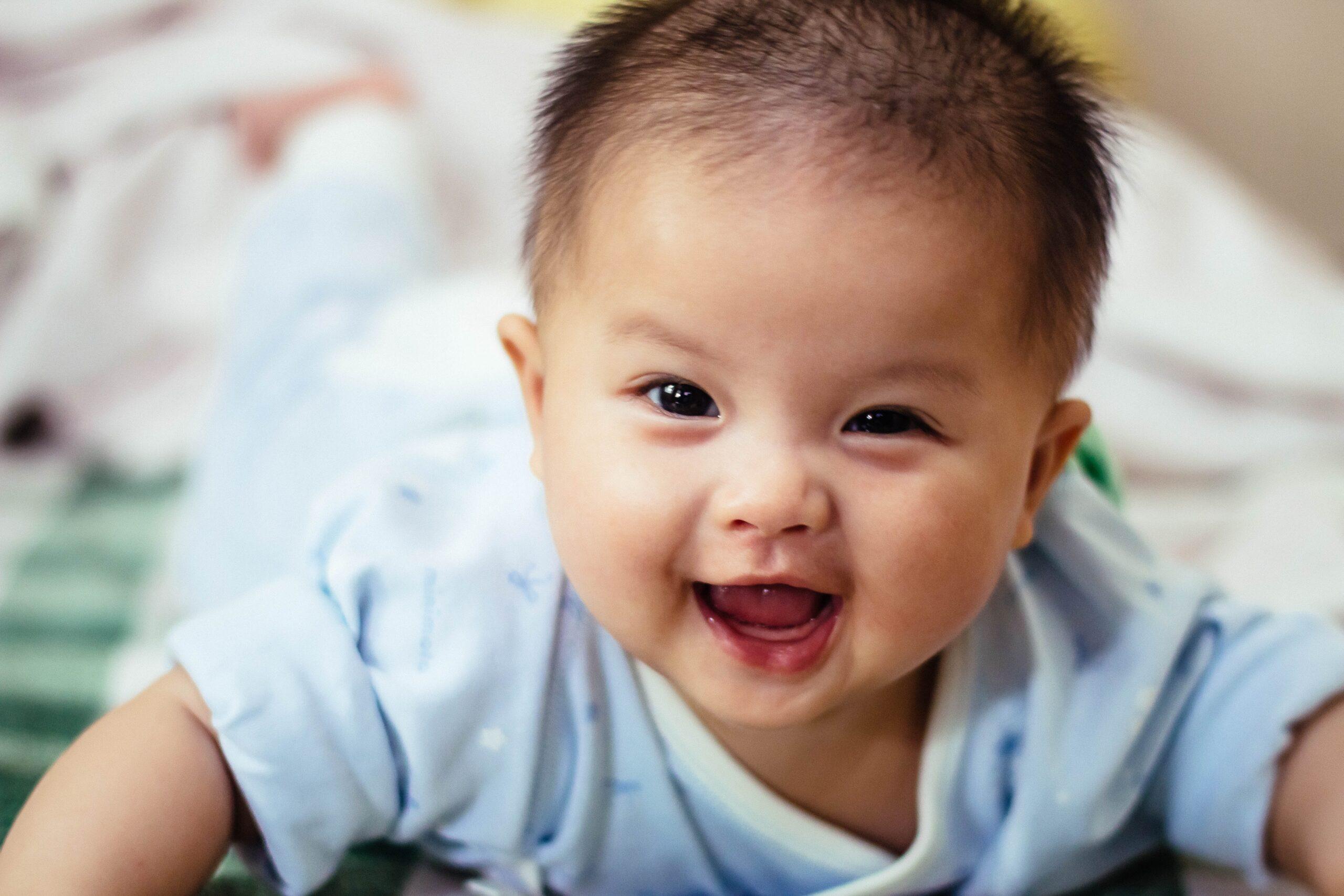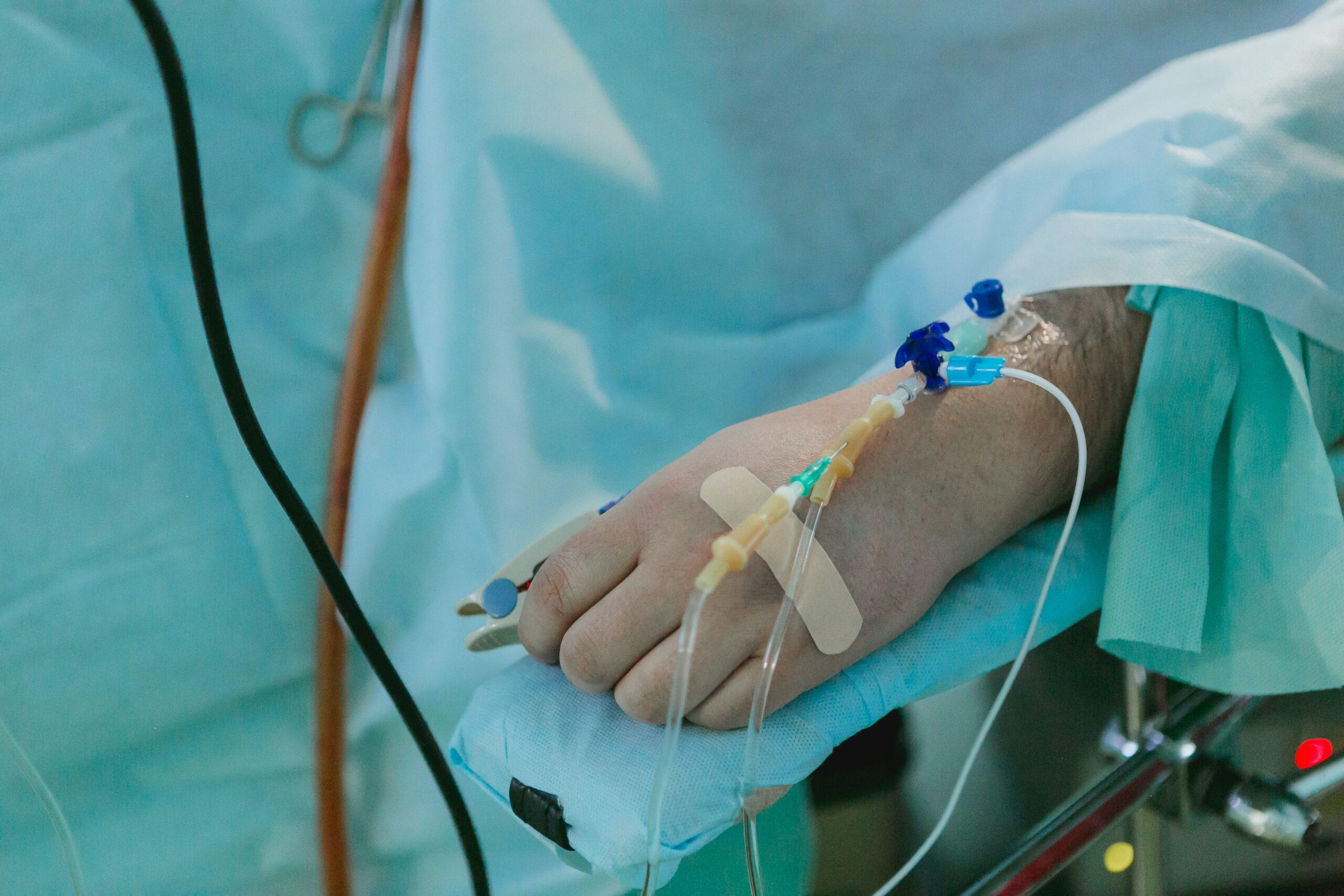There is only one way to tell your young children that you or a family member has cancer— by being 100-percent honest. While being honest, however, go only as far as you must. Consider saying something like, “I have cancer and need some treatment, but right now I feel fine.” You can then explain that bad cells multiply while good cells do not. When the cells multiply, they go into places they shouldn’t; and that creates problems. This way, you keep things simple.
To have this talk, give your children your full attention in a pleasant and familiar surrounding. Prepare a snack that your children like to eat, such as cookies and milk. Or, take your children to a favorite restaurant. As a result, the introduction to cancer won’t be so scary. You can explain that while you undergo some treatment, you probably won’t be looking your best. You might even lose your hair. But hopefully, after the treatment is over, you will feel and look much better. Children want to hear good news. Try to conclude your explanation on a positive note.
Tell your children that once treatment begins, they can help you in a lot of ways. Children like to be able to help. Your daughter can bring you a tray with breakfast in bed or pick flowers and put them in your room. Your son can draw you a picture, write you a poem or bake you some cookies.
If you are the one about to undergo treatment, your children need to know that you may not be able to do some of the things they are used to having you do, like picking them up from school, coming to all of their sports games, attending school events and taking them to playdates. Reassure your kids that you have arranged for someone each child knows, such as Daddy, Grandma, a babysitter or family friend, to do these things in your place. Your friends and family are happy to assist with these chores— but only if you tell them what you need. If you can’t do some of the activities you’re used to doing with your child, find substitutes. Maybe you could watch a funny movie together in bed and enjoy an indoor picnic during the movie.
Hold a meeting with your family at least once a month to update everyone on your health (or the health of the loved one who has cancer). This way family members don’t have to wonder and worry all the time about the effects of the cancer or a particular course of treatment.
“Helping children to understand your experience with cancer requires a good sense of timing and sensitivity,” says Lynne Silbert, a cancer therapist from The Wellness Community in Los Angeles, California. “Your children may be going through the same stages you are going through: disbelief, anger and acceptance. Depending on their ages, they will have particular needs. Children between 6 and 11 may be overly concerned with a parent’s health so it’s best not to overburden them with too many details.”
I think that the more support you enlist from others, the better off you’ll be. Let the children’s teachers know what is going on, in case any problems or issues arise in the classroom. It’s possible during this challenging time that your children’s sleep, eating, homework or friendships will be impacted. Look out for these changes and encourage your children to talk about their feelings.
The more open you are with your children, the more open they will be with you. Sit down and read a suitable book with your kids that explains cancer. This opens them up to asking questions. Make sure the book has a good glossary, look up words your children don’t know and discuss them together after each reading session.
Having a loved one with cancer teaches children to be more sensitive to the needs of others with similar problems. Your family might decide to help other families cope with cancer. Perhaps you could encourage your children to organize a fundraiser, like a lemonade stand, and donate the profits to a cancer organization. My granddaughter Tessa did that with a friend. That’s literally turning lemons into lemonade.
The greatest gifts parents can give their children are confidence and the tools to cope and grow. Hopefully that’s what you will be doing during your illness. When I had cancer, Tessa and I often said “I love you” and wrapped our arms around each other. My granddaughter and I also remembered to laugh. Love and laughter are truly the most important things you’ll need to get you through the illness.
Things that are important to remind children about cancer:
- You did not do anything to bring this on.
- Cancer is not contagious.
- This does not mean that you are also going to get cancer.
- It’s OK to feel sad or mad, or whatever it is you’re feeling.
- My doctors are smart and are helping me get better.
- You will be completely taken care of during my illness.



